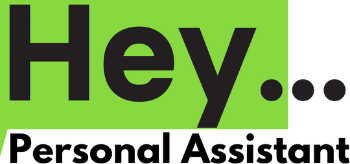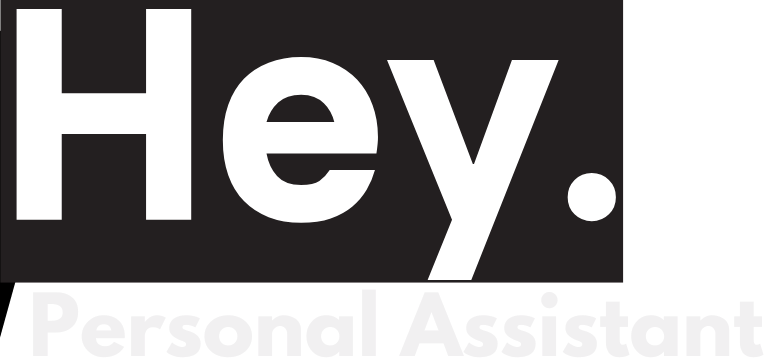Seniors Guide on How to Avoid Internet Scams and Fraud
Are you a senior worried about internet dangers? While the web offers learning and entertainment, it can also pose risks, especially for seniors facing online fraud. Discover how to spot scams and what to do if targeted. Safeguard your online experience and financial security with this senior's guide to internet safety.

1. Protected personal information
Scammers are always looking for new ways to trick you out of your hard-earned money. One of their favorite methods is to send out unsolicited emails that look like they are from a reputable source, asking for your private information. These emails can be very convincing and often look legitimate, but it’s important to remember that no reputable company will ever ask you for your credit card, bank account, or other private information in an unsolicited email. If you ever receive an email asking for this kind of information, simply delete it and move on with your day or you may report those unsolicited emails. By being mindful of these kinds of scams, you can help protect yourself and your finances from fraud.
2. Choose strong passwords
Keeping your online accounts secure is essential, especially as cybercrime continues to rise. One of the best ways to ensure total security is by creating strong passwords. Incorporating a combination of letters, both upper and lowercase, numbers, and special characters can help deter hackers from accessing your personal information. This technique adds complexity and makes it much harder for potential cybercriminals to guess your password, keeping your accounts safe from unauthorized access. Stay proactive and protect your online identity by creating passwords that utilize these elements to keep your private information secure.
3. Never ever use the same password twice
Online security is a topic that can never be stressed enough. Many individuals think it is convenient to use the same password for multiple online accounts. While this may be tempting, it is not the best choice. When it comes to sensitive information such as your social security account or online shopping sites and even online banking, this practice makes your data more susceptible to being compromised. The danger here is that a scammer or hacker can easily access all of your accounts with just one password. As much as possible, it is important to use unique and strong passwords that cannot easily be guessed. Protecting one’s personal information is a responsibility we should all take seriously.
4. Think Before You Click: Avoiding Unknown Links and Attachments
In this day and age, it’s not uncommon to receive emails from people we don’t know. However, it’s important to exercise caution when opening these emails. Even if an email looks official or seems to come from a reputable source, it could still contain harmful viruses. These viruses can wreak havoc on your computer, stealing personal information or causing significant damage to your device. Therefore, it’s imperative to never open links or download attachments from unknown sources. It may seem like an inconvenience, but taking the time to be cautious can save you a lot of frustration and money in the long run.
5. Regularly Checking Your Privacy Settings
Social media has become a means of communication for people of all ages. It’s a fantastic way to stay connected with friends and family and share your experiences with them online. However, sharing too much personal information on public social media platforms can come with its risks. Imposters and hackers can target such accounts, allowing them access to your posts and profile details, putting your privacy at risk. To keep your personal information safe, it’s advisable to stick to sharing your status updates or travel photos with your trusted circle of friends and family. It’s essential to stay vigilant and cautious in the digital world we’re living in today.
As we spend more and more time online, protecting our safety and online privacy has become increasingly important. However, the idea of navigating the complex world of technology can seem daunting. That’s where Hey Personal Assistant comes in. With our technology assistance and education, we make it easy for anyone to stay safe and independent while using the latest technology. Whether you’re looking to set up a new device, learn how to protect your information online, how to avoid fraud and scams, especially for seniors, or just need a helping hand, Hey Personal Assistant has got you covered. Don’t let the fear of technology hold you back – reach out for the support you need and take control of your digital life. Call us at (855) 440-7015 today.

